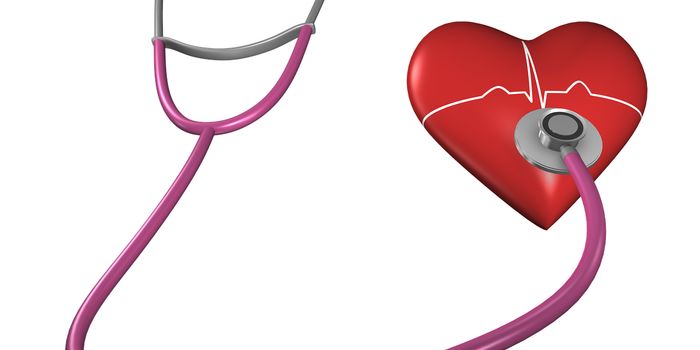Regular Intense Exercise Could Be Key in Combatting Cravings
A recent 30-day study involving rats and high-fat food pellets may be vital in helping humans overcome their cravings when dieting.
Scientists trained 28 rats with a lever that, when pressed, turned on a light and made a tone before dispensing a high-fat pellet. Once the training period ended, the scientists documented how many times the rats would press the lever only to get the light and tone cue.
The rats were then divided into two groups: the first group was put through a high-intensity exercise regime, while the other group had no additional exercise beyond their regular day to day activities. After 30 days of being deprived of the high-fat pellets, the rats once again had access to the pellet dispenser. However, no pellets were dispensed, and only the light and tone cues were activated whenever the lever was pressed. The rats who were not a part of the intense exercise regime repeatedly pressed the lever to no avail, whereas the other group did not press as much.
"Incubation of craving," or the thought of something that you're trying hard to avoid, but the longer you go without, the stronger the desire becomes, is a common phenomenon in most species.
When dieting, the urge to have something you want to avoid becomes all the more difficult to ignore the longer you go without. Dieting is a mental discipline that helps restrain oneself from what one wishes to resist in order to achieve a desired result. This study could be helpful in understanding how exercise can assist with dieting and help combat the inevitable cravings that come with.
Exercise promotes weight loss and helps with cardiac disease, obesity, and diabetes. Like the rats, humans subconsciously respond to cues like those found in fast food ads making it harder to resist the longer they diet. Exercise when dieting could help in resisting these cues for fatty and unhealthy foods and therefore help one to abstain from some of these unhealthier foods and cravings.
Further studies will look to test the effect of different levels of exercise on cravings as well as how exactly exercise works in the brain to curb the desire for unhealthy foods. Though more research is needed, it can be safe to say that exercise and dieting go hand in hand in achieving and maintaining a healthier lifestyle.
Sources: ScienceDaily









